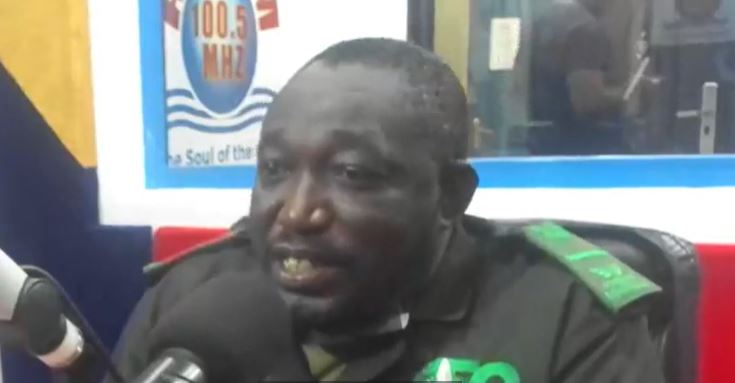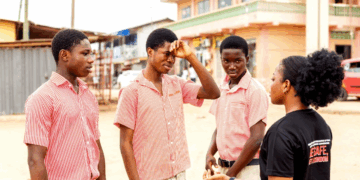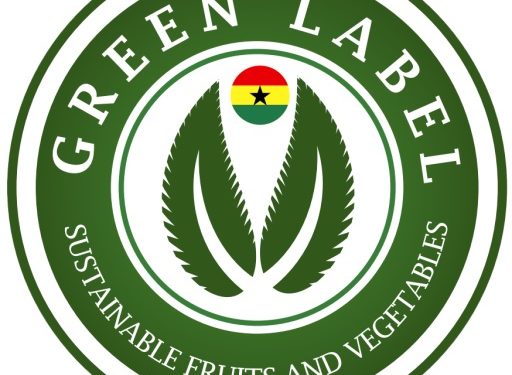The Cape Coast Forest District of the Forest Services Division of the Forestry Commission, Central Region says Ghana will on June 10 this year join other countries to celebrate the International Day of the Forest through its Green Ghana Initiative.
The International Forest Day is commemorated on March 21 annually to celebrate and increase awareness on the importance of all types of forests.
To mark the occasion, the UN Assembly encourages countries to organize local, national and international activities involving forests and trees, such as tree planting campaigns.
It is in light of this that the government of Ghana introduced the Green Ghana Project to create a communal action towards restoration of degraded lands in the country, fight climate change and instill in the youth the values of planting and nurturing trees.
The Deputy District Manager Cape Coast Forest District, Mr. Derrick Mensah in an exclusive interview with ATLFM NEWS stressed that the theme for this year’s Green Ghana Day, “Mobilizing for Greener Future” is for all citizens and residents of Ghana to come together to promote a Greener Ghana.

For this year’s Green Ghana Day, the country is looking forward to planting 20 million trees nationwide as against the nearly 7 million which was planted last year.
Mr. Derrick Mensah revealed that out of the 20 million seedlings, 500,000 will be planted in the Cape Coast Forest District.
Meanwhile he says in order to prevent the challenges encountered during last year’s Green Ghana Day which included people not planting the seedlings they picked, planting the seedlings with the polypot, and animals destroying some of the trees that were planted, with this year’s edition 50 percent of the 20 million trees to be planted will be planted on “unreserved” degraded compartments located in Ghana’s forest reserves so that the Forestry Commission can have an oversight on it.
Read Also: Hawa Koomson reveals key points in 2021 Closed Season Report
However, he noted that when the trees are planted on the “unreserved” degraded compartments they can be adopted and owned by private developers.
He further explained that the rest of the seedlings will be planted in places reserved by individuals and groups in the society.
“The remaining 50 percent will be planted on “off reserved locations” including the premises of offices, school compounds, church compounds, and in homes, among other available lands.”
He strongly stressed the need for individuals and groups to nurture the seedlings to growth when they plant them.


























